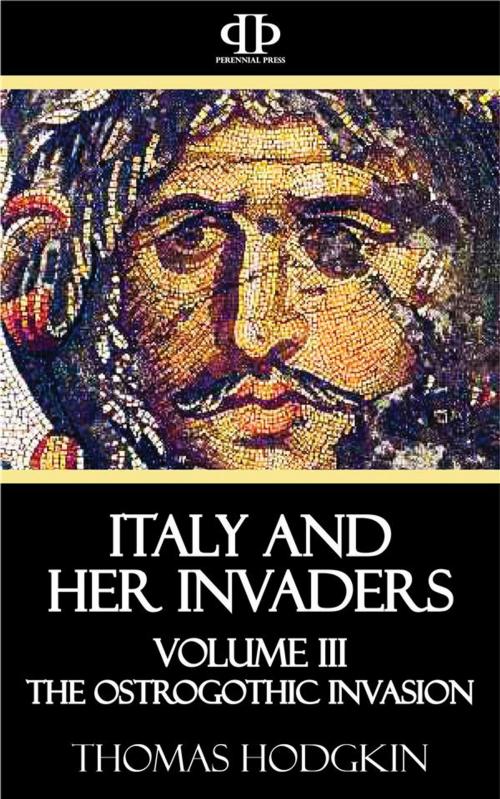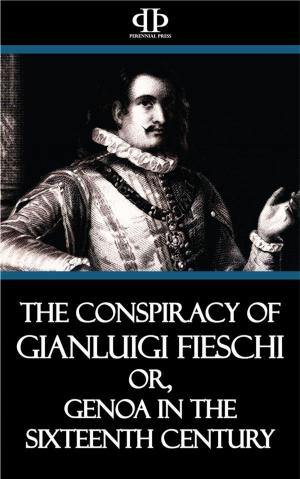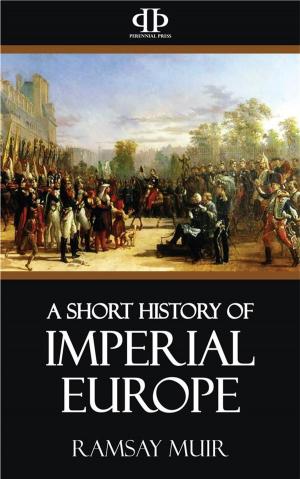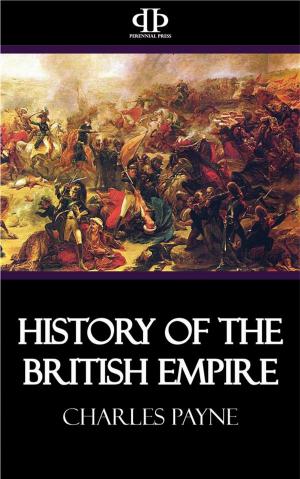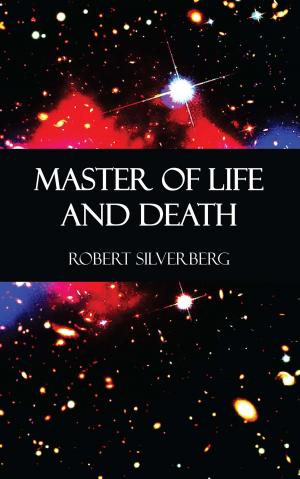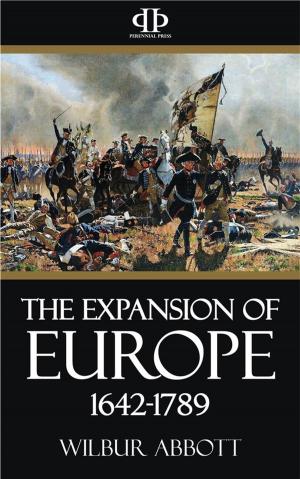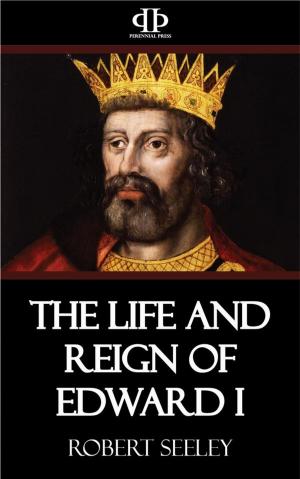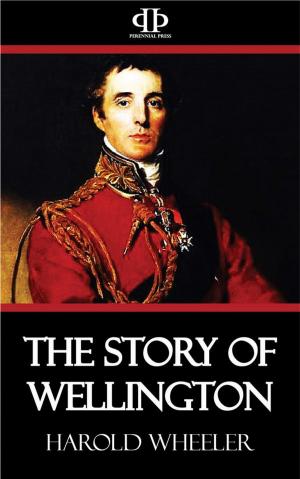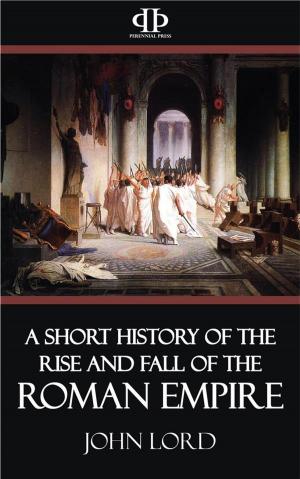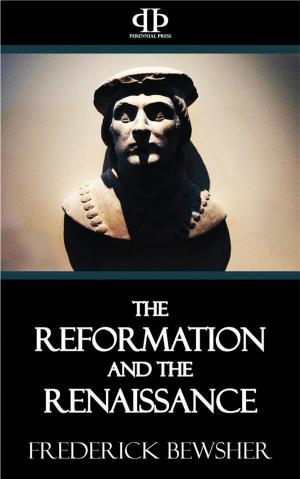| Author: | Thomas Hodgkin | ISBN: | 9781531206086 |
| Publisher: | Perennial Press | Publication: | February 13, 2016 |
| Imprint: | Language: | English |
| Author: | Thomas Hodgkin |
| ISBN: | 9781531206086 |
| Publisher: | Perennial Press |
| Publication: | February 13, 2016 |
| Imprint: | |
| Language: | English |
I have now to record the establishment of a Teutonic kingdom in Italy, which, more than any other of the new states arising on the ruins of the Roman Empire, promised to promote the happiness of the human race, which seemed likely to draw forth all that was noblest in the manhood of the barbarian, all that was most refined in the culture of the Italian, and to weld them both into one harmonious whole; a kingdom the Arian ruler of which so wisely deferred to the feelings of his Catholic subjects, and held with so even a hand the balance between contending creeds that he all but solved the difficult problem how to construct ‘a free Church in a free State’; a kingdom the preservation of which would (as I have already hinted) have helped forward the civilisation of Europe by five centuries, and would perhaps have contributed something towards the softening and ennobling of human life even at the present day. I have then to describe through what faults and flaws in its own structure, by what craft of foreign foes, by what treachery of ungrateful subjects, by what marvels of strategic skill this fair kingdom was shattered and brought to nought. Two names, which will ever defy oblivion, connect themselves with the two acts of this mighty drama: Theodoric with the establishment of the Ostrogothic monarchy, Justinian with its fall. But while Theodoric is all ours, no part of his career being outside the limits of our subject, there are vast spaces in the life and acts of the Byzantine Emperor which are foreign to our present purpose, and upon which we must not allow ourselves to enter.
I proceed to sketch in brief outline the history of the Ostrogothic people until the story of the nation begins to narrow into the biography of a man, their young king Theodoric...
I have now to record the establishment of a Teutonic kingdom in Italy, which, more than any other of the new states arising on the ruins of the Roman Empire, promised to promote the happiness of the human race, which seemed likely to draw forth all that was noblest in the manhood of the barbarian, all that was most refined in the culture of the Italian, and to weld them both into one harmonious whole; a kingdom the Arian ruler of which so wisely deferred to the feelings of his Catholic subjects, and held with so even a hand the balance between contending creeds that he all but solved the difficult problem how to construct ‘a free Church in a free State’; a kingdom the preservation of which would (as I have already hinted) have helped forward the civilisation of Europe by five centuries, and would perhaps have contributed something towards the softening and ennobling of human life even at the present day. I have then to describe through what faults and flaws in its own structure, by what craft of foreign foes, by what treachery of ungrateful subjects, by what marvels of strategic skill this fair kingdom was shattered and brought to nought. Two names, which will ever defy oblivion, connect themselves with the two acts of this mighty drama: Theodoric with the establishment of the Ostrogothic monarchy, Justinian with its fall. But while Theodoric is all ours, no part of his career being outside the limits of our subject, there are vast spaces in the life and acts of the Byzantine Emperor which are foreign to our present purpose, and upon which we must not allow ourselves to enter.
I proceed to sketch in brief outline the history of the Ostrogothic people until the story of the nation begins to narrow into the biography of a man, their young king Theodoric...
